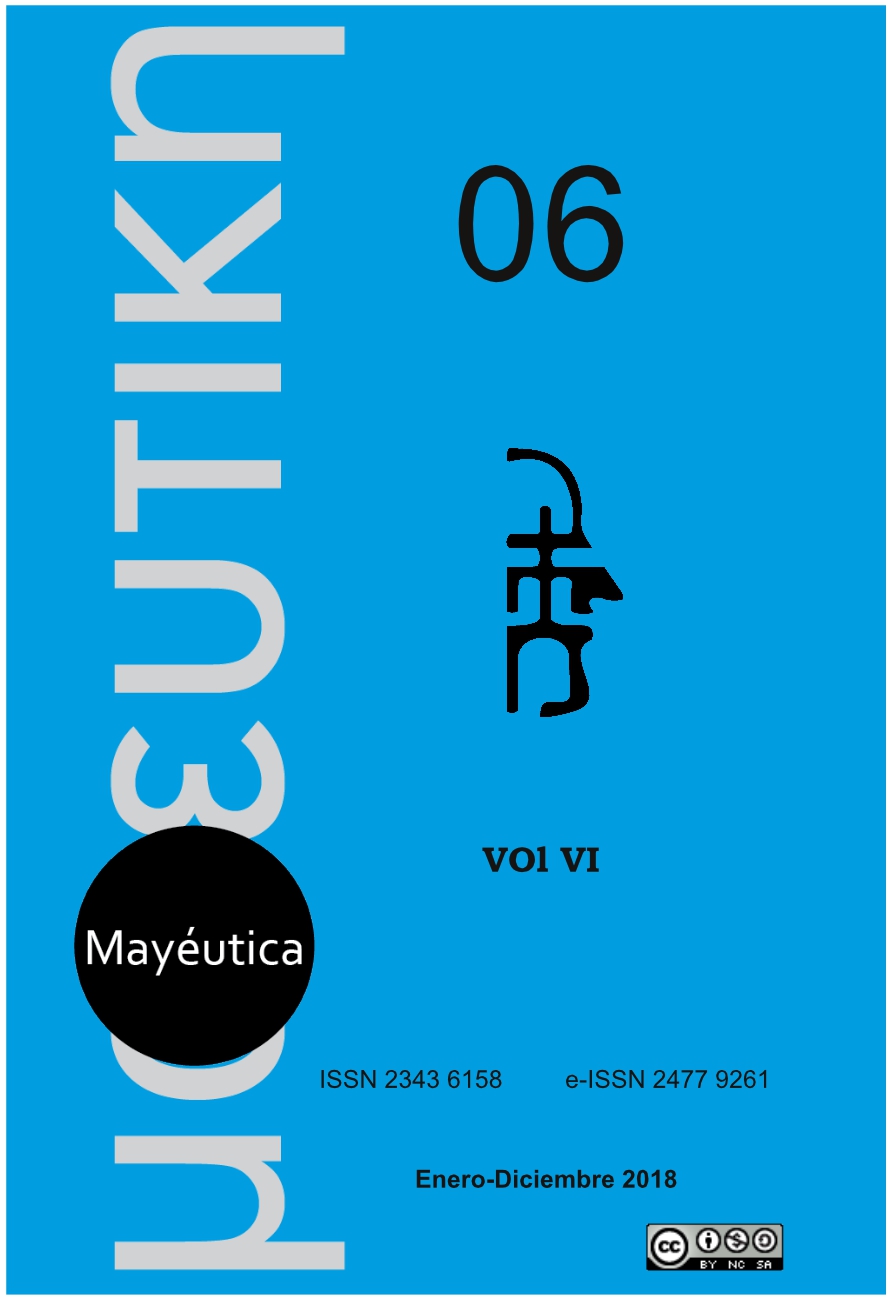La Venezuelan women according to Radio Rumbos, 70's of the 20th century
Keywords:
culture, Radio Rumbos, femininity, genderAbstract
Radio has become the modern format of orality. And from the oral tales told from parents to children, from minstrels, from theater actors, we pass to the most formidable stories narrated from a booth, behind a microphone and with incidental music. From those oral experiences, in which it was necessary to see the face of the speaker, we began to imagine the face of the voice and symbolize the sound carried by the hertzian waves. Thus, the detailed description of a character, a landscape, an action, a fact reaches our subconscious, inculcates new thought patterns, and when we least realize, we are putting into practice new actions, which reinforce habitus and cultures. We present a historical essay whose purpose is to approach the construction of the role of women based on Radio Rumbos programming in the decade of the 70s of the last century. Programs like Martín Valiente, El Derecho de Nacer, or La Vida de Las Canciones disseminated gender discourses that could cement the image of the Venezuelan woman as a housewife, as a sexual object and face the moral standards of the society of those years to then erect the Venezuelan woman with a new way of thinking about moralistic concepts such as virginity, marriage and sex. Radio Rumbos presented the Venezuelan society with the ideal models of women and with these they proposed their concept of femininity in that decade.
Downloads
References
BENITEZ, Lunaidy. 1983. “La radionovela venezolana: tres momentos y ¿una muerte anunciada?” [Material en línea] Disponible: http://gumilla.org/biblioteca/bases/biblo/texto/COM198447_29-40.pdf [Consulta: 2017, enero, 23].
BOUVIER, Virginia. 2013. “Alcances y límites de la historigrafía: la mujer y la conquista de América”. En, Sara Beatriz Guardia (ed. y comp.). Historia de las mujeres en América Latina. Segunda Edición. España: Centro de Estudios La Mujer en la Historia de América Latina, CEMHAL.
COUTO, Armando (guionista). 1970. “Martín Valiente”. [DC] Archivos digitales. Caracas: Radio Rumbos.
GARCÍA AGUILAR, María del Carmen. 2013. “El feminismo contemporáneo; una mirada desde México. En, Sara Beatriz Guardia (ed. y comp.). Historia de las mujeres en América Latina. Segunda Edición. España: Centro de Estudios La Mujer en la Historia de América Latina, CEMHAL.
GONCALVES FERREIRA, Luzilá. 2013. “Educación de las mujeres brasileñas en el siglo XIX: Una lucha por la visibilidad”. Pp. 125-130. En, Sara Beatriz Guardia (ed. y comp.). Historia de las mujeres en América Latina. Segunda Edición. España: Centro de Estudios La Mujer en la Historia de América Latina, CEMHAL.
HAMPE MARTÍNEZ, Teodoro. 2013. “Imagen y participación de las mujeres en la .cultura del Perú Virreinal: una aproximación bibliográfica. Pp.110-124. En, Sara Beatriz Guardia (ed. y comp.). Historia de las mujeres en América Latina. Segunda Edición. España: Centro de Estudios La Mujer en la Historia de América Latina, CEMHAL.
MONSIVÁIS, Carlos. 1999. Del rancho al internet. México: Colección Biblioteca del ISSSTE.
RADIO RUMBOS. 5 AÑOS. (3era década) [CDR]. 1999. Primera en sintonía,primera en simpatía. 1969-1979. Carcas.
RICOUER, Paúl. 2001. La metáfora viva. Madrid: Ediciones Cristianidad. Editorial Trotta.
RIVERA GÓMEZ, Elva. 2013. “Los estudios de género y su relación con la historia. La historiografía reciente. 1990-2000”. En, Sara Beatriz Guardia (ed. y comp.). Historia de las mujeres en América Latina. Segunda Edición. España: Centro de Estudios La Mujer en la Historia de América Latina, CEMHAL.
VALECILLOS TORO, Héctor. 1990. Economía y política del trabajo en Venezuela. Caracas: Academia Nacional de Ciencias Económicas.
VIIVAS LACOUR, Carmen Victoria.2009. “El campo cultural venezolano de los años 50: un espacio abierto a la escritura”. Letras, 51(80), 89-116. Caracas: Upel. Instituto Venezolano de Investigaciones Lingüísticas y Literarias “Andrés Bello”.
Published
How to Cite
Issue
Section





